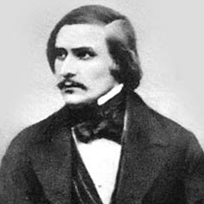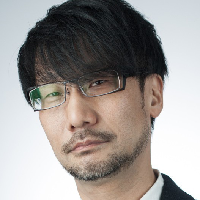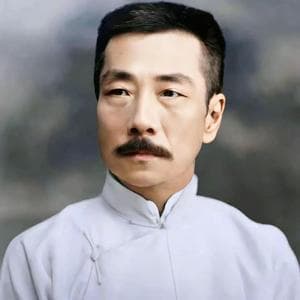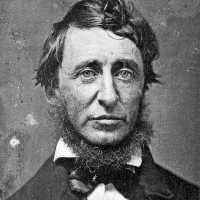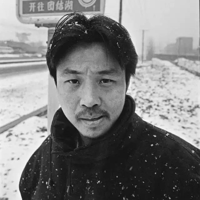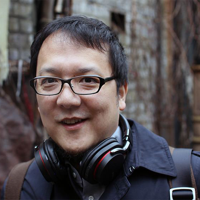Kinoko Nasu tipe kepribadian MBTI
Kepribadian
"Jenis kepribadian apa itu Kinoko Nasu? Kinoko Nasu adalah tipe kepribadian INFP di mbti, 5w4 - - 541 di enneagram, RCOEN dalam Big 5, ILI dalam socionics."
I think he's an INFP. ***About Nasu Kinoko's "The Garden of Sinners"*** Analysis of impressions from "The Garden of Sinners" and comparisons with INTJ creators: - There is almost no world-building; the focus is mainly on the inner worlds and emotional psyche of the characters, highlighting a kind of twisted desire and obsession—something Nasu is particularly adept at. - Nasu’s storytelling is very fragmented. For instance, there are stories involving just two or three characters here and there, each standing alone without much connection to a main storyline, nor a common theme running throughout the book as seen with Ni writers. Each story has its own unique emotional landscape. - (Ni-Te) expressing a theme through an entire universe's history VS (Ne-Si) a whole universe occurring in an instant: As a counterexample, Gen Urobuchi in "Puella Magi Madoka Magica" and "Psycho-Pass" showcases a process from the beginning to the end of the world and back to the start. Ni writers tend to draw long story arcs, stretching from ancestral history to the Third World War (Attack on Titan), with Lelouch’s life almost fully covered in "Code Geass," and the world having been destroyed and rebuilt in the third movie of Madoka Magica. INFP writers tend to focus on a single moment, capturing every detail and emotion of each character in that instant—this is also a major selling point of "The Garden of Sinners." For example, Ryohgo Narita's "Baccano!" revolves around events occurring at a single story on a train, illustrating complex causes and effects, a typical Ne-Si (he's an ENTP) writer’s approach. If you haven't seen "Kara no Kyoukai" (The Garden of Sinners), you might want to check out some of the quotes I've collected. Nasu's use of language is often abstract and obscure, which initially made me think he was an Ni, but the overwhelming presence of Fi confirmed he is an INFP. > "I feel I too have sinned in the events. However, I realized something: the thing I desire, although vague and dangerous, is now my only reliance. What I want to keep relying on isn't as bad as I once thought, and this realization brings me a bit of happiness." > > "The so-called field of vision is not what the eyeballs capture but what the brain comprehends. Our 'field of vision' is usually protected by our common sense, as humans are creatures who cannot detach from their little worlds." > > "Whether it's dolls or prosthetic arms, these things can be infinitely refined to resemble the human body with enough effort. However, without a soul to animate them, they are merely containers, a truth that applies equally to human bodies—a soulless body is meaningless, just an empty shell." > > "I don't remember clearly, for a very long time, I've only been looking out the window day after day, always looking at this same scenery through this window. But this scenery won't disappear, no matter how much I hate it, it's all I have left. The 'me' in the sky has left me, probably disappointed in the me trapped in this box." > > "Suicide doesn't need a reason... it's just that today... I didn't fly." > > "She feels empty, hollow inside like a hole that can't be filled. But no matter how unreal she feels about herself, she is still Shiki Ryougi. Even if she may not feel alive right now, she will eventually realize that she is herself." (A closer look shows a clear absence of Ni. For some reason, the descriptions often fixated or parasitic on certain emotions or concepts remind me of your writing.) Conclusion: INFP 4w5.
Biografi
Kinoko Nasu (奈須 きのこ, Nasu Kinoko, male, born 28 November 1973) is a Japanese author, best known for writing the light novel Kara no Kyōkai and visual novels Tsukihime and Fate/stay night. Renowned for a unique style of storytelling and prose, Nasu is amongst the most prominent visual novelists in Japan. He graduated from Hosei University with a major in human science.
Kepribadian correlate

J. K. Rowling
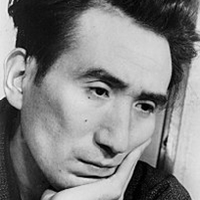
Osamu Dazai
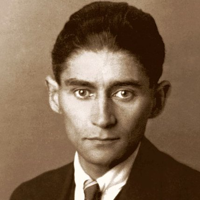
Franz Kafka
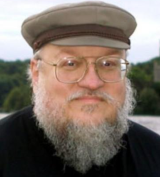
George R. R. Martin

Robert Greene
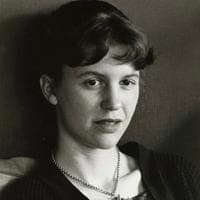
Sylvia Plath
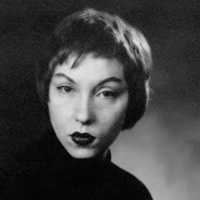
Clarice Lispector
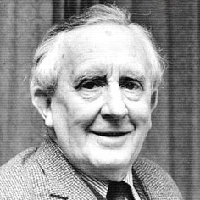
J. R. R. Tolkien


